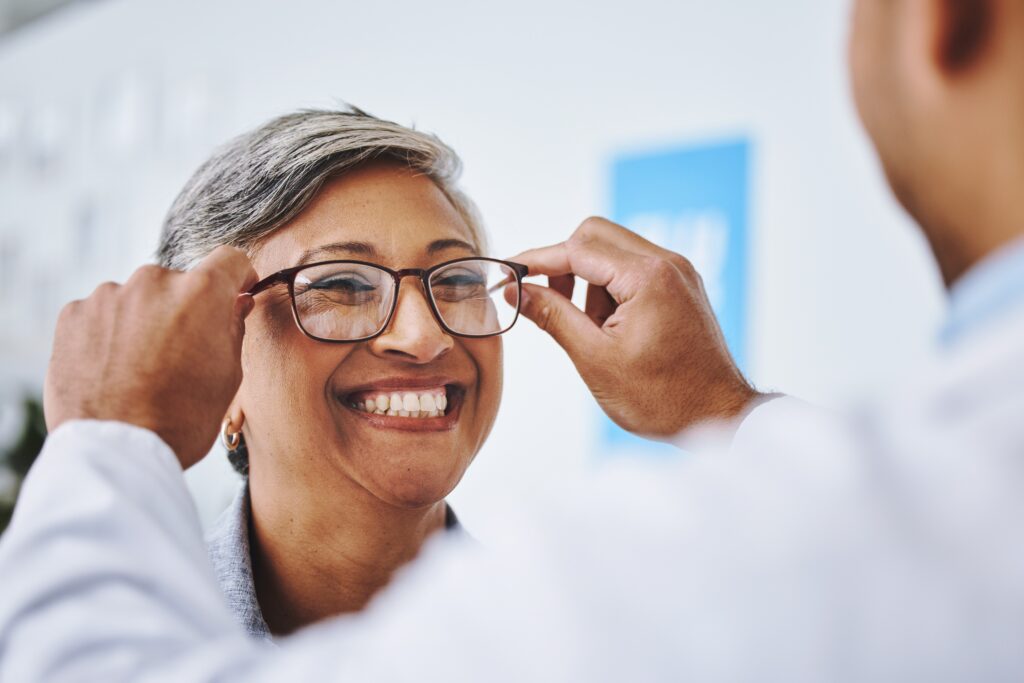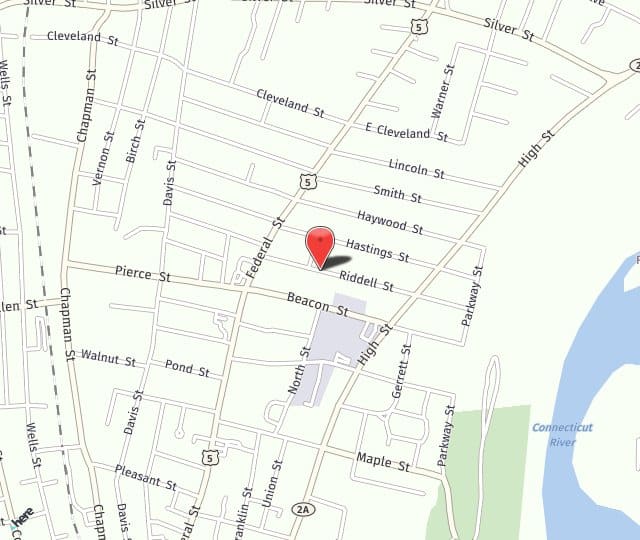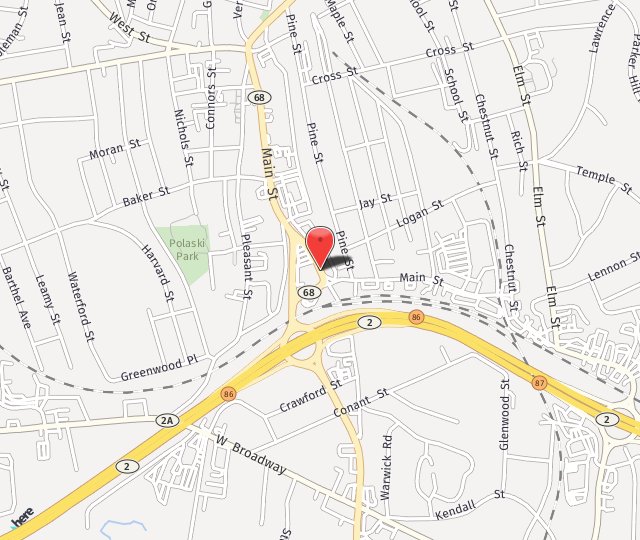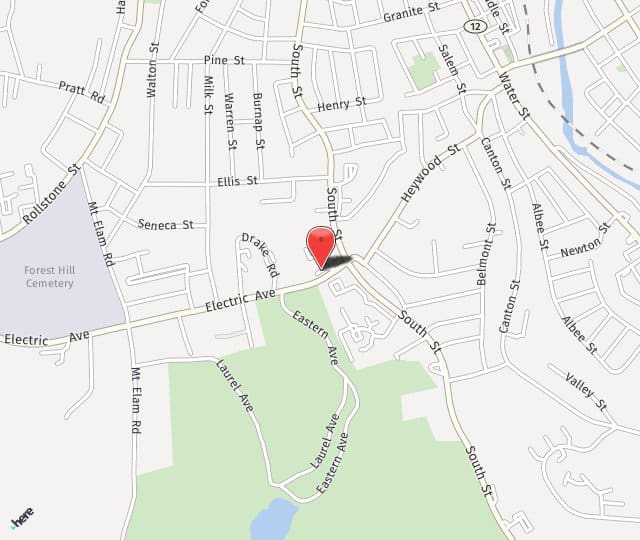 As you age, the macula, which is responsible for sharp, central vision used for activities like reading, driving, and seeing details, can become damaged, affecting your ability to see clearly. This condition is known as age-related macular degeneration, or AMD. February is AMD awareness month, making it the perfect time to learn more about this common cause of vision loss that affects millions of people globally.
As you age, the macula, which is responsible for sharp, central vision used for activities like reading, driving, and seeing details, can become damaged, affecting your ability to see clearly. This condition is known as age-related macular degeneration, or AMD. February is AMD awareness month, making it the perfect time to learn more about this common cause of vision loss that affects millions of people globally.
What Causes AMD?
A few contributing factors can increase your risk of developing AMD. Smoking doubles a person’s risk of macular degeneration. Having high blood pressure and being clinically overweight also increase your risks; females and those who are Caucasian are also more likely to develop AMD.
However, natural aging is the most common risk factor. The older you get, the higher your risk becomes. AMD is the leading cause of vision loss among Americans 65 and older.
Early Signs and Symptoms
The early stages of AMD usually don’t have very noticeable symptoms. Some people experience mildly blurred vision or difficulty seeing details up close. You may also notice that straight lines start to appear wavy or distorted. If you catch AMD early through routine eye exams, you have a much better chance of slowing its progression before major vision loss occurs through preventative treatments.
You may also notice that words become blurry when reading. This is a telltale sign that you should schedule an appointment with an eye specialist like our team at Longwood Eye & LASIK.
As AMD advances, a dark or empty blurry area may appear in the center of your vision. This blind spot makes daily activities like reading, driving, watching TV, and recognizing faces challenging. Colors can start to look dim or faded as well. These symptoms indicate you have late-stage AMD, which can lead to permanent blindness.
Preventing Further Vision Loss
While there is no cure for AMD yet, several treatment options exist to slow its progression.
Antioxidant vitamins and mineral supplements can help maintain vision in early-stage AMD. For more severe cases, injections directly into the eye supply crucial medication to the macula. Low vision devices or visual rehabilitation services teach skills to help maximize remaining sight as well.
Protect your eyes by scheduling an AMD screening today. The experienced medical team at Longwood Eye & LASIK Center proudly serves patients in Gardner, Greenfield, Fitchburg, and West Springfield, MA. Call 1-855-286-2020 or use our contact page to arrange an appointment.





